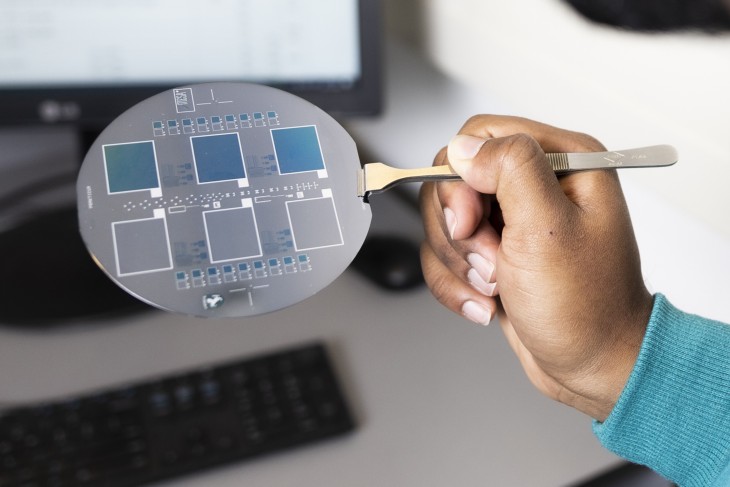“I was interested in programming in high school, but it wasn’t in the school curriculum, so a few of my classmates and I started a club for everyone who wanted to learn the basics. When I attended the Open Day at the University of Twente, I fell in love with the campus. I felt the community spirit, and I liked that there are hundreds of student, study, and sports associations that help you develop yourself beyond your degree. I completed the Bachelor's in Technical Computer Science here, and continuing with the Master’s was the most logical next step for me.
Specialisations
What was most difficult was choosing a specialisation because all four options interested me. One of the best things about the programme, however, is that while each specialisation comes with a set of mandatory courses, there is quite a bit of room to tailor it according to your interests and strengths. That’s the beauty of the Master’s.
Eventually, I chose Software Technology because it covers software engineering principles, software architecture, and formal methods: elements that are part of every software application. I like the balance between theory and practice. While I'm learning to model software and make sure it does what it's supposed to do, I'm also looking into different ways to set up a system.
Practical applications
What I appreciate about studying at the University of Twente is how we immediately put theory into practice. In my opinion, that’s the best way to learn. I remember one assignment where I had to make a compiler for BabyCobol, a programming language designed to help students understand old programming languages from the 60s, such as COBOL, Fortran, and Rexx.
I had to write a program that could run another program, which means it had to convert code into instructions a computer could understand and execute. It was such a valuable exercise because to understand any concept, you have to be able to recreate it yourself. In computer science, we work with a lot of layers of abstraction, and making that compiler helped me understand what a computer does behind the scenes. BabyCobol itself was a great example. Many organisations still have code running in those languages, which needs to be maintained, so we must understand them.
Problem-solving
Computer Science has taught me to break down a problem and find the most effective solution. I’ve learned not only to build software but also to analyse what and why would be most suitable. This is really valuable, and I put it into practice during my thesis project for an IT company where I had to figure out a way to give developers a better insight into microservice architecture. This is a computer system with a huge number of small components, each built and maintained by different teams, which interact with one another. For the developers, it is hard to see beyond their piece of the system because everything is so interconnected.
I tested a few approaches: it was a process of trial and error. In the end, I chose a mining technique, which is normally used for business processes. It was a great learning process because I didn’t follow a step-by-step guide, and nobody told me what to do. I figured it out on my own, using my skills and knowledge from the Master's.
My future
I’ve already landed a job at an IT consultancy firm in Amsterdam, where I'll help clients set up new IT systems that need to work alongside their existing infrastructure. Thanks to everything I've learned in my Master’s and the work experience I gained as a software developer at a startup run by friends from university, I feel well prepared and excited to get started.”



